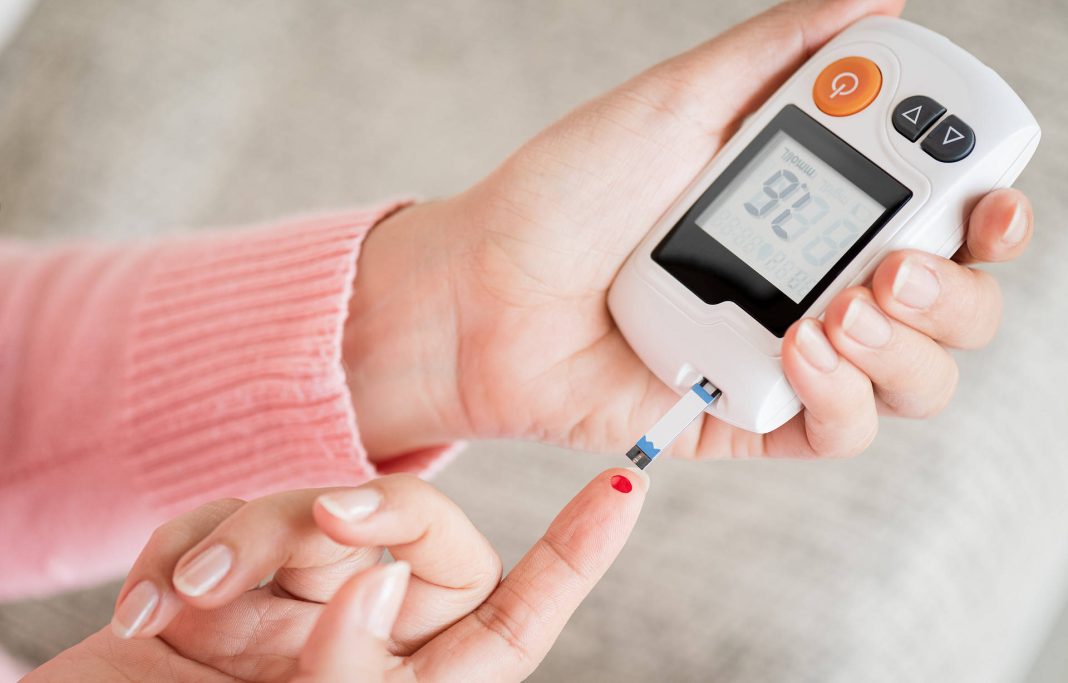This text is provided by the Pioneer Bird Blood Sugar Management Software! It helps you record blood sugar, blood pressure, and other health indicators, provides free tastings of sugar-free foods, as well as customizes diet and exercise plans to help you control your blood sugar together.
Mr. Fan, 45 years old, has been feeling thirsty, tired, and losing weight recently. By chance, during a health check organized by his company, he discovered that his blood sugar level was as high as 12.0mmol/L. The doctor informed him that his blood sugar level had exceeded the normal range and immediate measures needed to be taken to control it, as it could lead to serious complications.
Definition of Diabetes and Normal Blood Sugar Range:
Diabetes is a chronic metabolic disease characterized by continuously high blood sugar levels. A normal fasting blood sugar value for a person is between 3.9-6.1mmol/L, and postprandial blood sugar should not exceed 7.8mmol/L. When blood sugar levels exceed these ranges, attention needs to be paid.
Hazards of Diabetes:
Prolonged high blood sugar can lead to various complications such as cardiovascular disease, kidney disease, retinopathy, and in severe cases, limb amputation and blindness. Therefore, controlling blood sugar is crucial.
If blood sugar exceeds this range, medication is needed!
When fasting blood sugar is above 7.0mmol/L, or postprandial blood sugar is above 11.1mmol/L, doctors usually recommend patients to start taking antidiabetic medications. At this point, patients should follow the doctor’s instructions, take the medications on time, and avoid stopping or changing the dosage without consultation.
By following these 7 points, blood sugar quietly decreases:
Healthy diet: Control total calorie intake, balance the intake of various nutrients, and reduce the consumption of high-sugar, high-fat foods.
Moderate exercise: Engage in at least 150 minutes of moderate-intensity exercise per week, such as walking, jogging, swimming, etc.
Maintain good sleep habits: Ensure an adequate amount of sleep and avoid staying up late.
Weight management: Keep weight within the normal range to reduce the burden on the pancreas.
Quit smoking and limit alcohol: Smoking and alcohol consumption have adverse effects on blood sugar control.
Monitor blood sugar: Regularly monitor blood sugar levels, understand fluctuations, and adjust treatment plans promptly.
Maintain a positive mindset: An optimistic and positive attitude helps with blood sugar control.
During blood sugar management, a blood sugar management assistant can provide comprehensive care for patients. It not only monitors blood sugar in real-time but also provides reasonable advice based on the patient’s diet and exercise. Additionally, a mall has launched an activity to offer free sugar-free food to provide convenience for diabetic patients. Patients can enjoy delicious food while effectively controlling blood sugar.
In conclusion, diabetes is not to be feared, the key is to face it positively and control blood sugar well. By following the above 7 suggestions, your blood sugar is believed to gradually decrease to normal levels. During this process, you may consider using a blood sugar management assistant and receiving sugar-free food to make the journey to controlling blood sugar easier.


